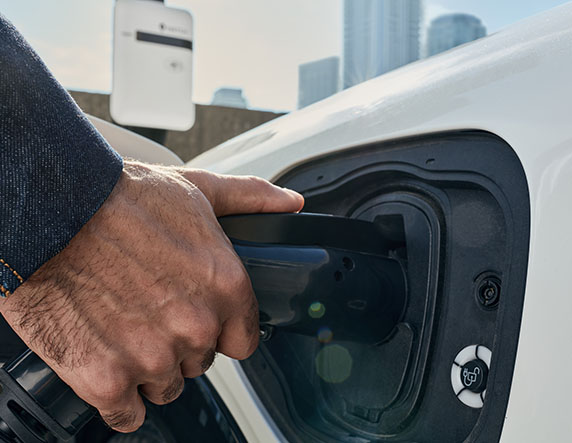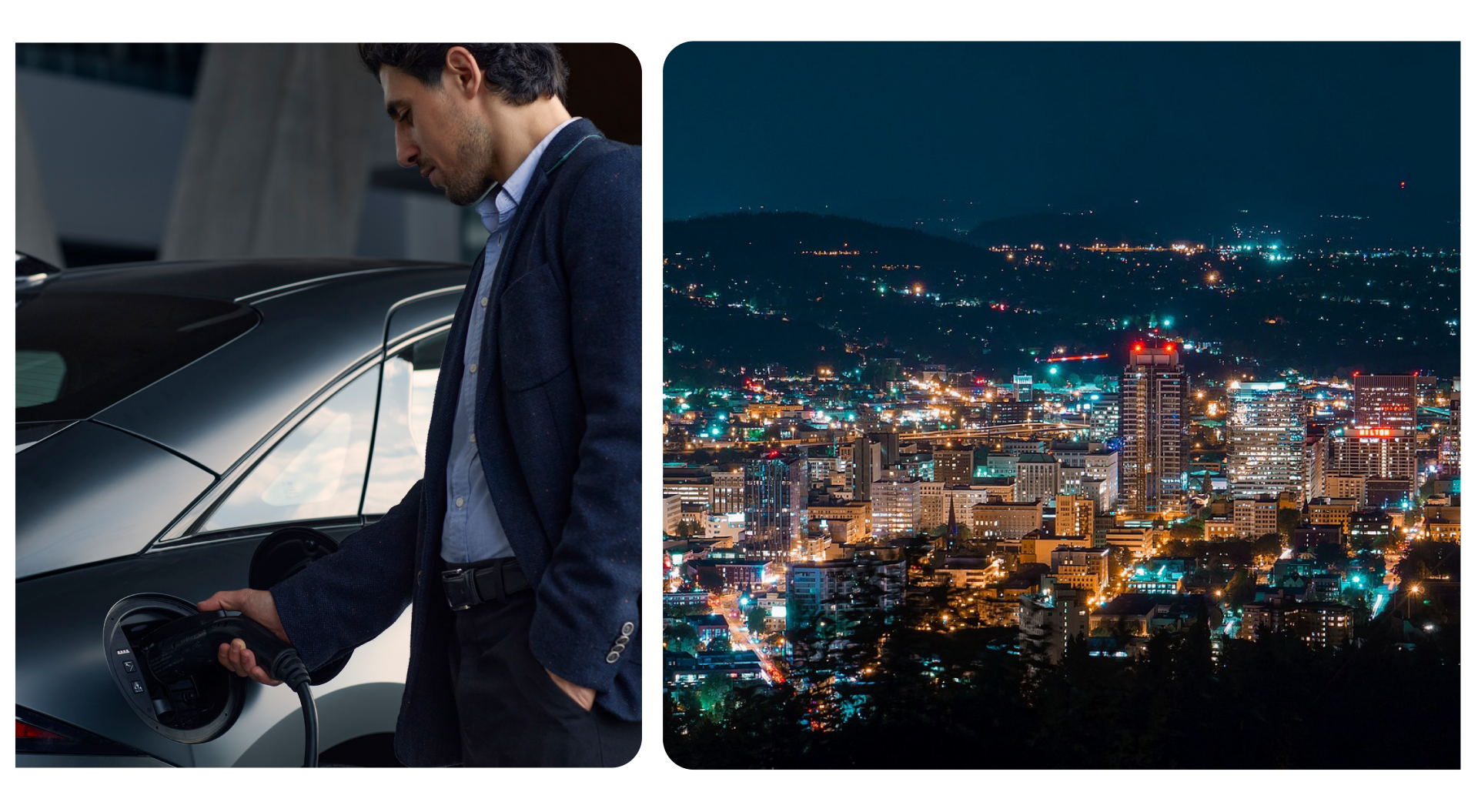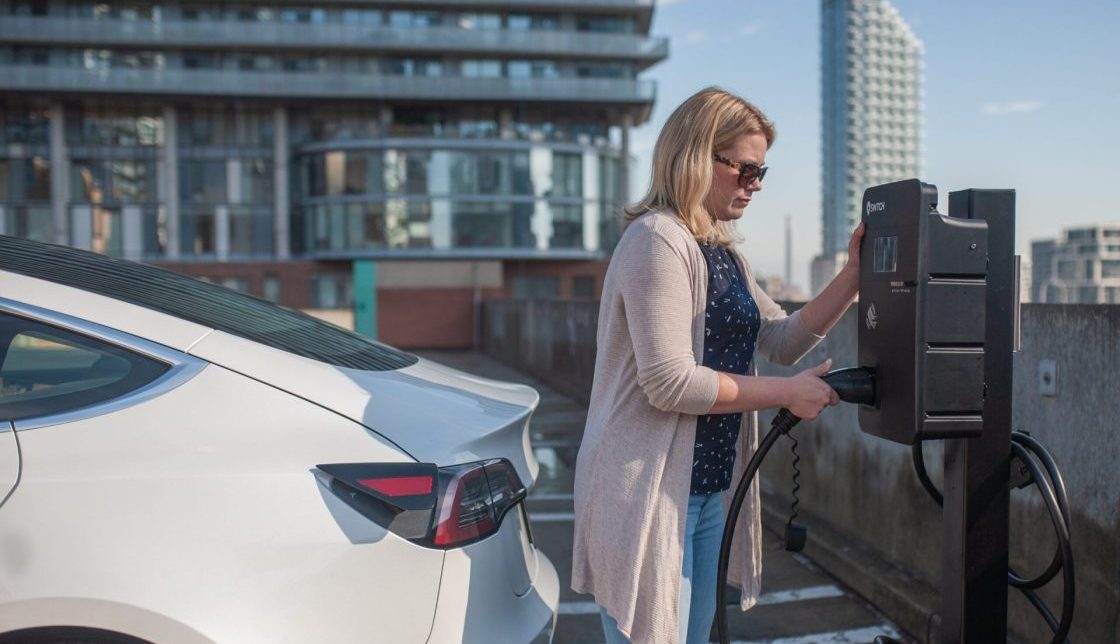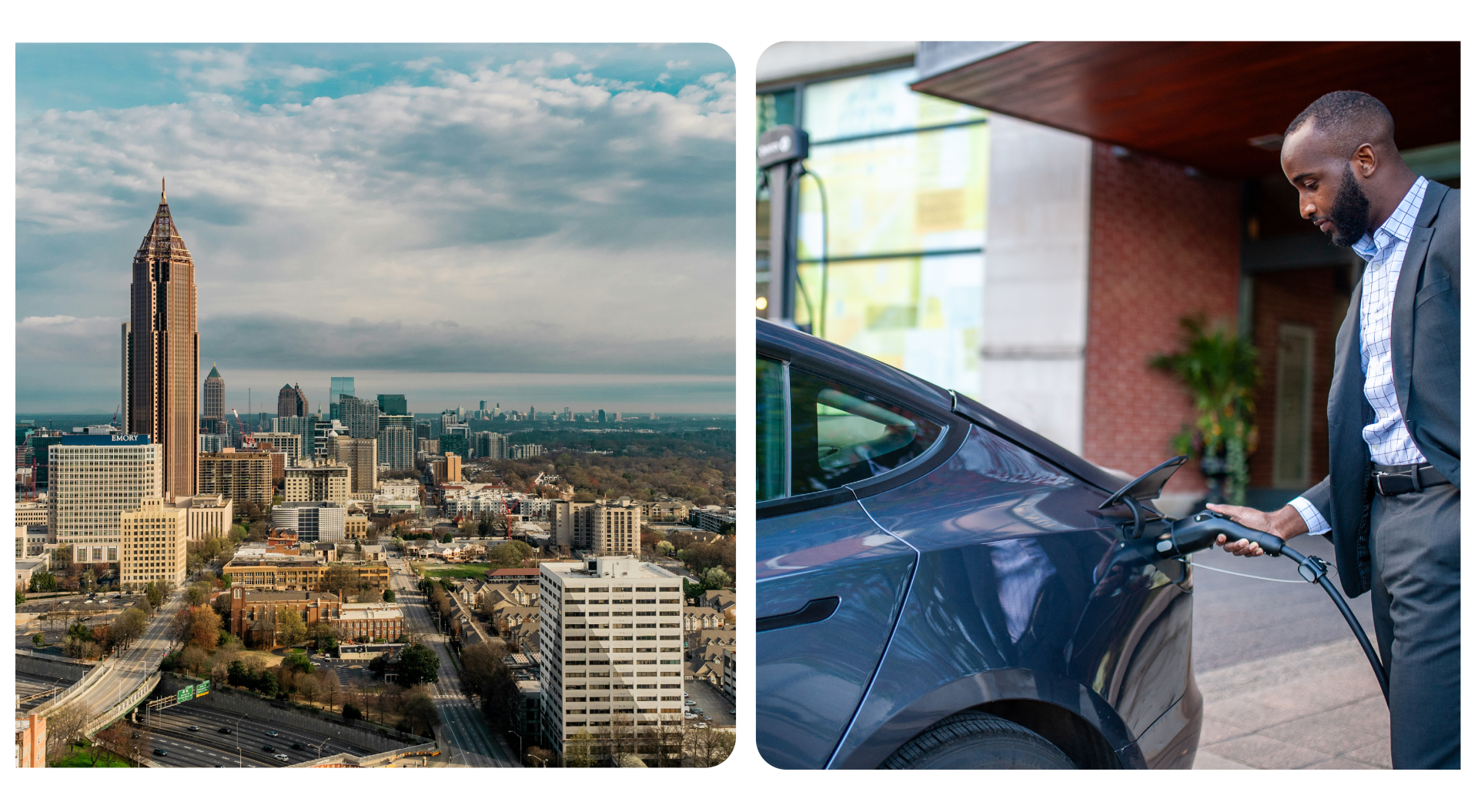How BC Site Owners Can Get $80K Per DCFC Charger with CleanBC Rebate
The CleanBC Public EV Charger Program is a crucial initiative aimed at promoting the adoption of electric vehicles (EVs) by providing rebates of up to $80K for the installation of public DCFC chargers in British Columbia. Collaborating with SWTCH enables businesses to leverage this rebate program effectively, tapping into expertise and resources to maximize the benefits of EV adoption while optimizing their investment in charging infrastructure.
What is the CleanBC Go Electric Public EV Charger Program?
The CleanBC Go Electric Public EV Charger Program provides varying rebates for eligible projects and is intended to increase the number of public Direct Current Fast Chargers (DCFCs) throughout B.C., supporting the growing number of zero emissions vehicles (ZEVs) on the road. The Program aims to target current gaps in the public DCFC network in B.C. such as Indigenous communities, rural and northern areas, and city centers experiencing long queues for DCFCs due to high ZEV uptake.
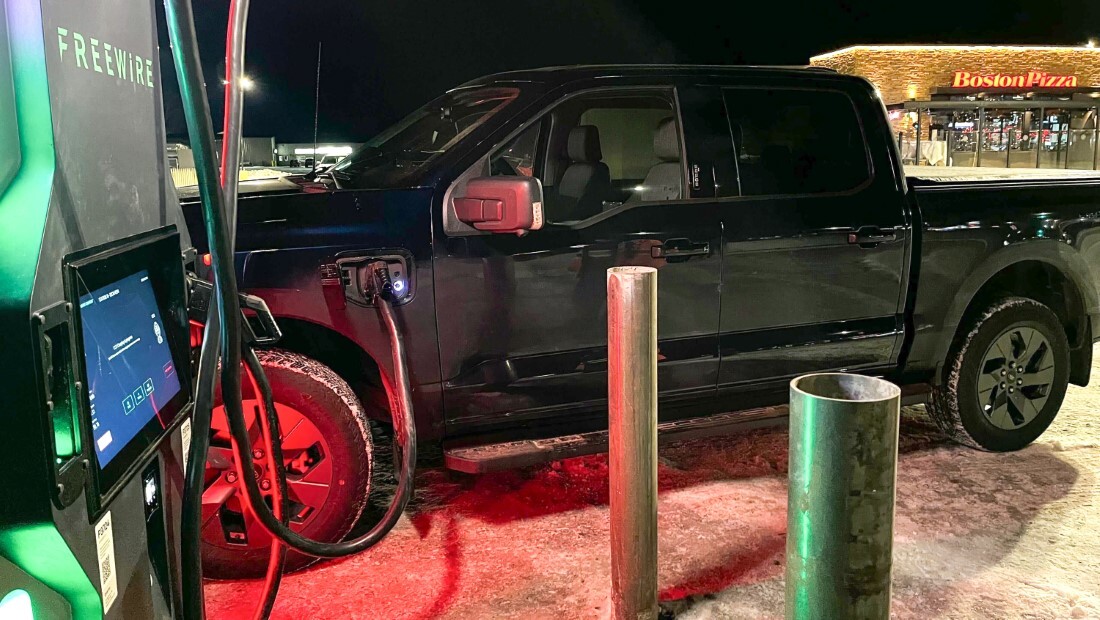
In partnership with SWTCH, a FreeWire DCFC deployment at a Boston Pizza in Alberta.
What costs does the CleanBC Go Electric Public Charger Program include?
Costs eligible for rebates through the Program include:
- DCFC equipment – yes, SWTCH offers DCFCs!
- Level 2 stations (co-located with DCFCs only) – yes, SWTCH offers Level 2s!
- Installation costs such as labour and materials, including:
- Necessary electrical equipment (e.g. cabling and conduit, transformer)
- Earthworks (prepping the ground for the installation of charging stations)
- Paving of one parking space per charger
- Curb and/or protective bollards around chargers
- Lighting directly above or adjacent to chargers (within 5 m)
- Network equipment (e.g. cellular booster)
- Wayfinding and on-site signage pertaining to the chargers (e.g. location, output, time limits, instructions for use)
- Site markings (e.g. pavement painting)
- One security camera per charger
- Canopy (up to a maximum of $20,000 per application can be claimed as an eligible project cost)
- Project management and engineering design fees
- Utility provider fees for electrical connection
- Network service provider initial sign-up fees
- For stations along highway 37 and 97 designated for the Electric Highway initiative, operations and maintenance costs up to a maximum of 3 years
- Equipment warranty
What are the rebate amounts?
The Program provides rebates of up to $80,000 per charger depending on charger output, to a maximum of 50% of project costs, with enhanced rebates of up to $130,000 per port, to a maximum of 90% of costs for Indigenous communities.
Rebates for Level 2 stations (co-located with DCFCs only):
- Up to $5,000 per station, to a maximum of 50% of costs ($7,500 to a maximum of 90% of costs for Indigenous communities).
Who is eligible?
Applicants must apply and be approved for Program rebate(s) before any costs are incurred. Any costs incurred before approval was received will not be eligible for a rebate(s) and cannot be counted toward eligible expense totals. After approval is received, applicants will have 18 months to complete projects and submit final documentation.
To be eligible for the Program an applicant must:
- Be the current site owner or have approval (in writing) from the site owner to install the charging infrastructure for a minimum ten-year period
- Be a business, not-for-profit, local government, Indigenous community, utility or public sector organization located and operating in B.C. (excluding core government entities, i.e. Provincial Ministries, but including non-core entities, e.g. utilities, health authorities, school districts, universities, crown corporations, etc.).
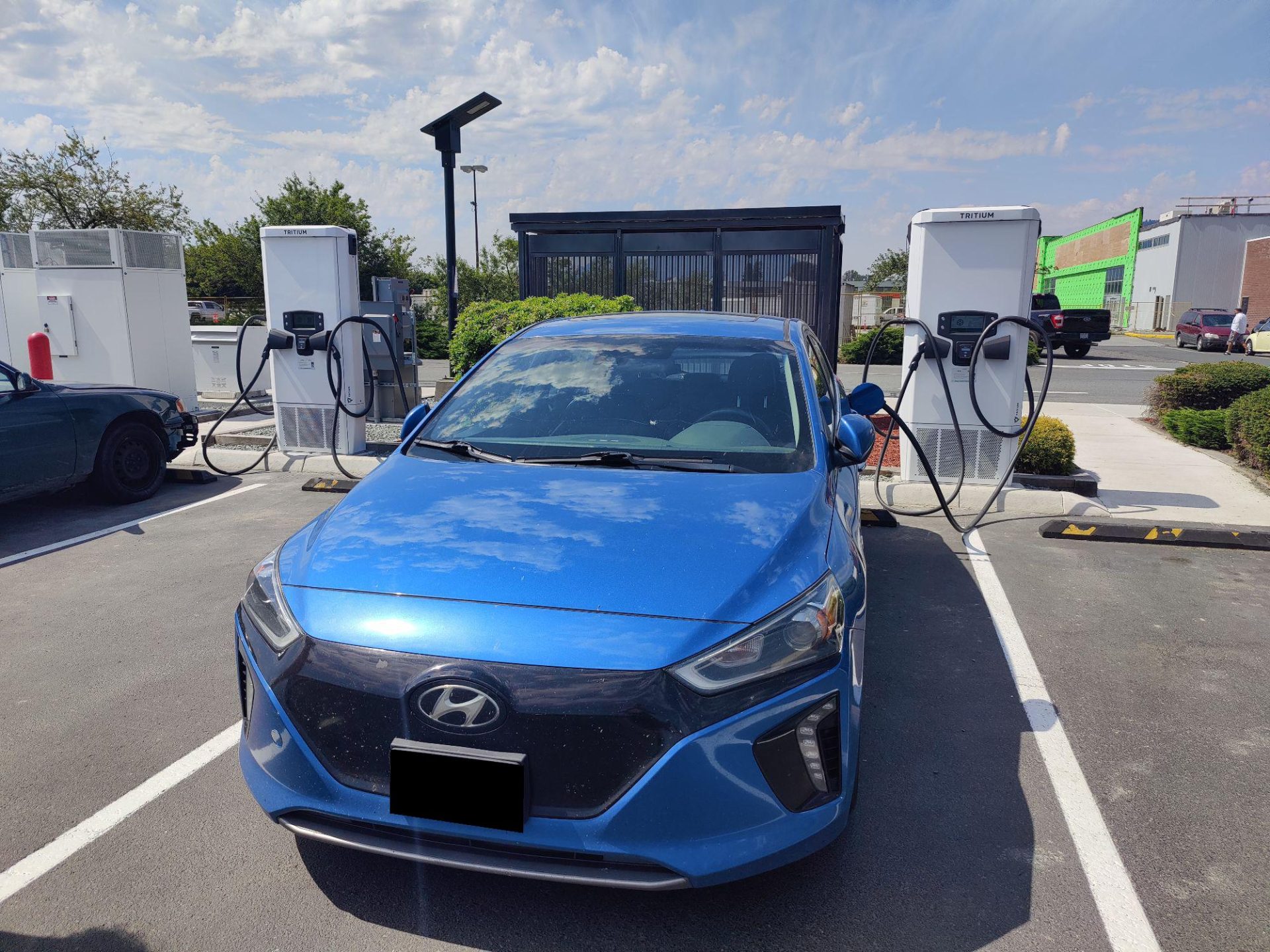
A SWTCH DCFC charger installation in Chilliwack, B.C.
Installment site requirements
To be eligible for the Program a project’s charger installation site must be:
- Located within B.C.
- Publicly accessible 24 hours per day, 365 days per year; and Accessible by those using mobility aids (wheelchairs, canes, etc.), including:
- A space of at least 1.2 m between any protective bollards in front of the charger, such that they do not obstruct interface (i.e. screen and/or controls)
- A rise not exceeding 9 cm above grade for any concrete footing
- Fonts that are clear and easy to read on any signage
- Located on a paved level surface
- All projects must include at least one accessible charging space. Along with the requirements listed above, to be considered accessible, the charging space must:
- For stalls: Not be less than 2.4 m wide and provided on one side with an access aisle not less than 1.5 m wide
- For pull-through sites: Not be less than 3.9 m wide and the charging cable must be able to charge vehicles positioned at least 1.5 m away. Must also have adequate ingress and egress space to accommodate larger electric vehicles and trailers.
Equipment requirements
To be eligible for the Program all equipment must:
- Be new, and purchased after program launch date
- Remain operational by the original owner for a minimum of five years, or be replaced with a charger of equal or higher output that remains operational for five years from the date of the original project installation. Changes in equipment ownership within the five year period may be considered in extenuating circumstances (e.g. due to sale of a business) and must be approved to maintain Program funding
- Contain appropriate certification marks (CSA, cUL, cETL, etc.) for use in B.C.
- Have charging port holsters and the top of interface not exceeding 1.2 m above grade
- Remain accessible to the public for use 24 hours per day, 365 days per year
- Include an Operating and Maintenance Plan
- Not replace an existing charger
- Prospective installation locations greater than 500m from the nearest public charger (Level 2 or DCFC) will be required to install at least two ports per site: either tandem DCFC stations, a DCFC and Level 2, or two Level 2 stations (minimum 32 A; higher power preferred) to provide redundancy to the site. Installation of both multiple DCFCs and one or more Level 2s per site will also be supported. A multi-port station on its own does not fulfill this requirement.
- If payment is required, the charging station must meet the following criteria:
- Provide a contactless payment method on-site that accepts major credit and debit cards
- Provide one additional payment method that allows customers to initiate a charging session and submit payment (e.g., QR code that directs to an online payment portal, payment through membership or app, or toll-free phone number)
- Payment methods must be accessible to persons with disabilities and not affect the power flow to vehicles.
Eligible DCFCs must:
- Have 25% or more of the connector types installed at the same project site be Combined Charging System (CCS) Combo plug connectors. Other connector types, such as the North American Charging Standard (NACS), may represent up to 75% of all charging connectors installed per site
- Have a minimum of one CHAdeMO plug connector per site only if the charging site is located more than 50km driving distance from the nearest public CHAdeMO DCFC. The distance to the nearest DCFC with a CHAdeMO plug will be determined using PlugShare
- Be networked
- Be OCPP compatible (read more about how commonplace this requirement is becoming for multifamily EV charging solutions!)
- Have a minimum power output of 20 kW.
Eligible Level 2s must:
- Have a J1772 port
- Have input power at 208 or 240 volts
- Have a minimum power output of 32 amps
- Be networked
- Be OCPP compatible
Solely L2 opportunities must meeting the following criteria:
- Not in Vancouver or Victoria (w/exceptions for indigenous owned stations)
- There must be one or fewer public Level 2 or DCFC within 10 km of the location
- Campgrounds and RV sites may be considered for Level 2 only projects, provided they’re outside of Vancouver or Victoria
Priority will be given to:
- Strathcona Regional District
- Cariboo Regional District
- Regional District of Mount Waddington
- Central Coast Regional District
- North Coast Regional District (previously known as Skeena – Queen Charlotte Regional District)
- Regional District of Kitimat-Stikine
- Regional District of Bulkley-Nechako
- Regional District of Fraser-Fort George
- Peace River Regional District
- Stikine Region
- Northern Rockies Regional Municipality
When is the deadline to apply?
Applications are now open and must be submitted by Friday, May 17th, 2024.
How do I apply?
SWTCH can help you navigate the rebate application and ensure your filing meets the high-quality standards of a successful bid. Connect with us today!
SWTCH is a pioneer in developing EV charging solutions for multi-residential and commercial properties across North America. Leveraging state-of-the-art technology allows us to help building owners and operators deploy optimized multi-vehicle charging systems.
SWTCH’s solution utilizes the building’s existing grid infrastructure to deploy a cost-effective charging system that works for your EV drivers today and smoothly scales to support the charging demand in the future. To learn more about SWTCH, check out our multifamily, workplace, and retail/public EV Charging solutions.

In partnership with SWTCH, a FreeWire DCFC charger along a main corridor in Alberta.
ZEVIP funding
Stacking the CleanBC program with the federal ZEVIP program is possible and can add up to funding 75% of total project costs.
In addition to CleanBC’s Go Electric Program, the federal ZEVIP incentive program (opening in Spring 2024) could afford property owners or operators top-up funding to cover the costs of EV charging projects. The applications for ZEVIP funding can be time-consuming and complicated, but we’re here to help! SWTCH has worked with numerous clients to secure millions of dollars in ZEVIP funding for EV chargers all across Canada, and we would love to do the same for you. Connect with us today!
Read more about ZEVIP.

